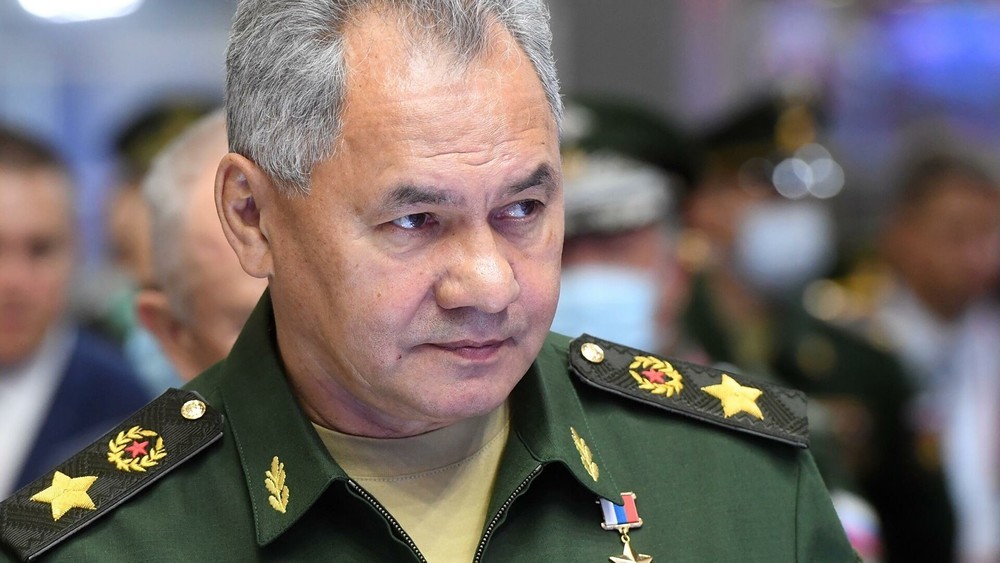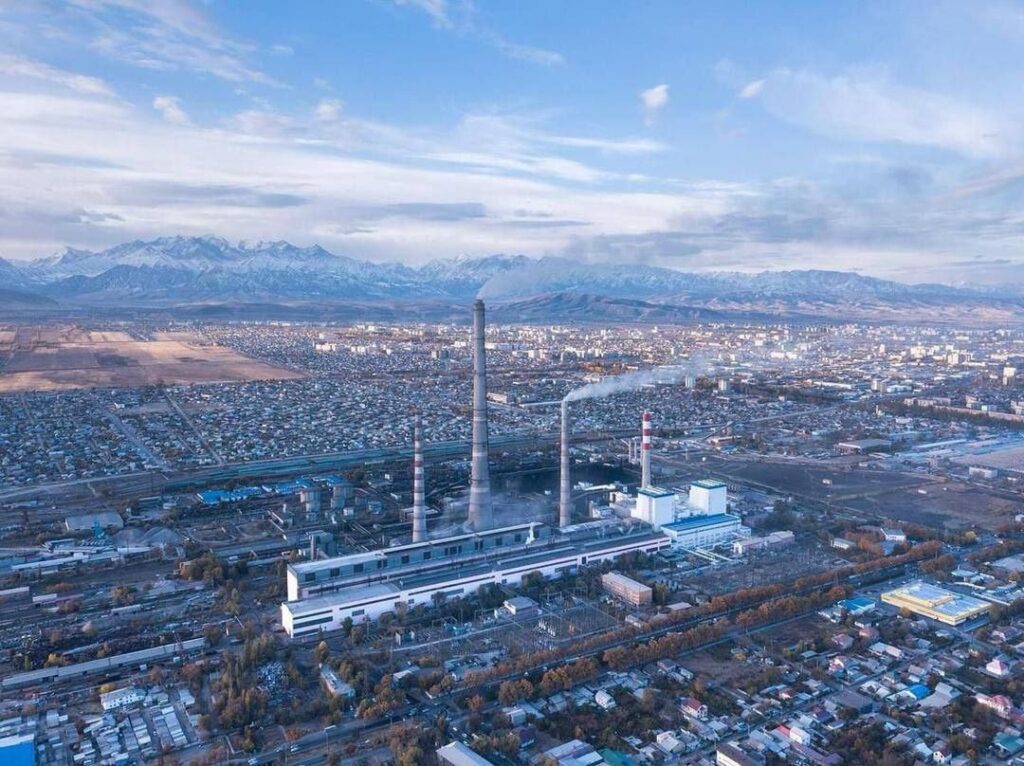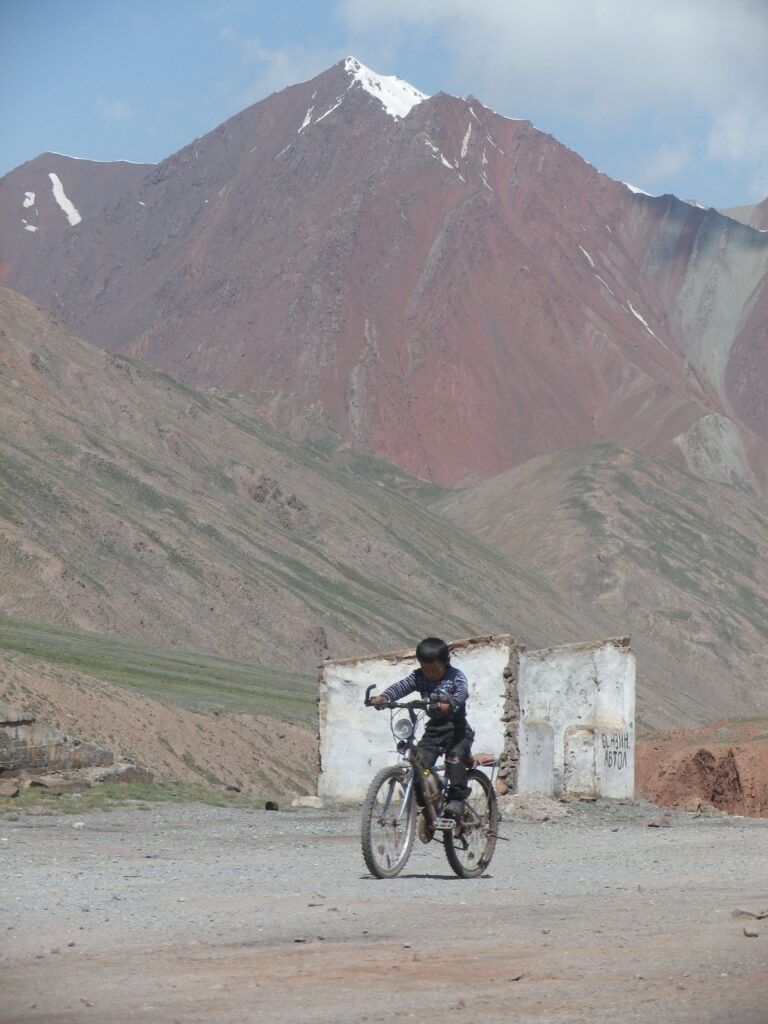Most of Kazakhstan Changes Time Zone
From March 1st the whole of Kazakhstan will be on the time zone UTC+5. Currently only the country's western regions are in the UTC+5 zone, with the rest of Kazakhstan set an hour later at UTC +6. This means that at midnight on 29 February the central, eastern and southern parts of Kazakhstan will move an hour back. Kazakhstani scientists have claimed that the UTC +6 time zone has had a negative effect on people's biological rhythms and health, as it does not correspond to natural solar time in the country. They believe that the establishment of a single time zone will have a positive impact on people's wellbeing. The clock change will also eliminate time barriers between different regions, and simplify the running of transport and other communications. This in turn will benefit business, government work and emergency services. This switch, however, has had a mixed reception. Some people are unhappy that the reduction in daylight hours will increase their electricity bills, while others are worried that lighter mornings will affect their sleep.








